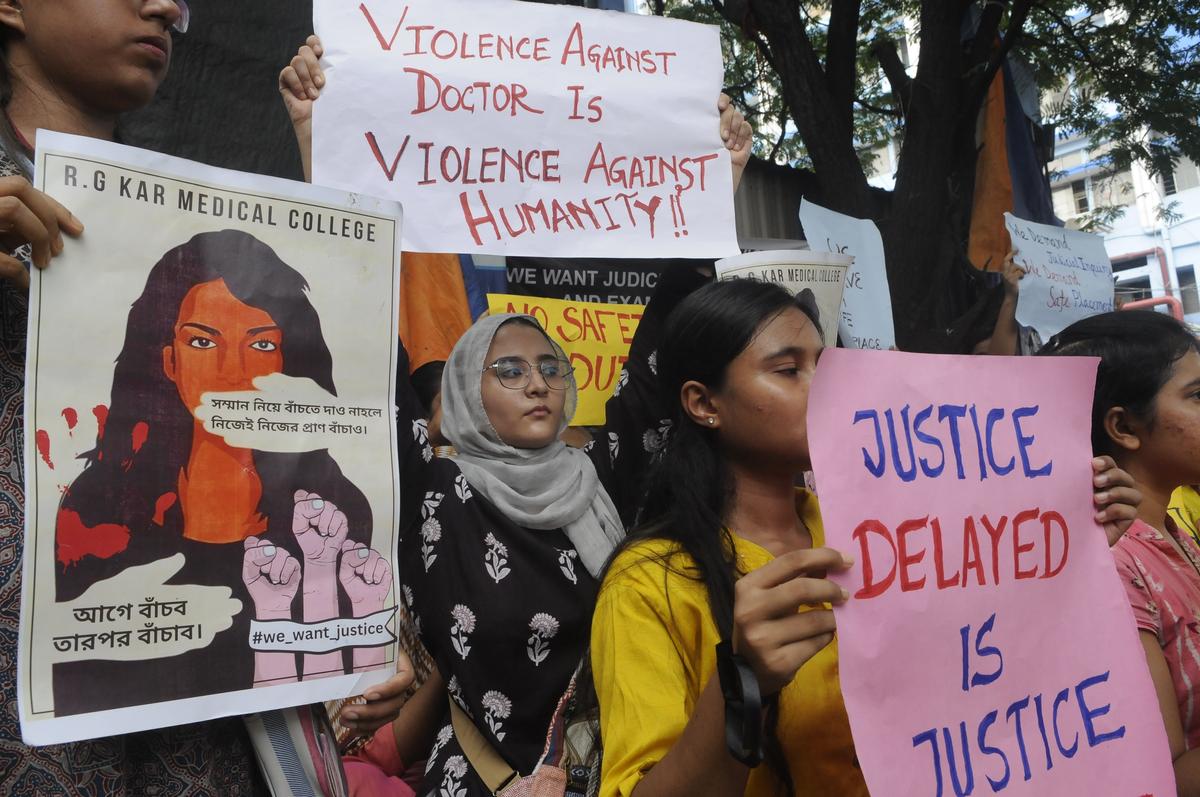One of the main political upheavals in Bangladesh has seen the nation’s prime minister, Sheikh Hasina, resign after weeks of hard protest. Student-led protests about a controversial government quota system in employment burgeoned into full agitation against Hasina’s 15 years of rule. The situation escalated when protesters stormed into her official residence and further led to widespread violence and chaos.
Sheikh Hasina has been the most dominant figure in Bangladeshi politics and has been in power for well over 20 years, including since her current term began in 2009. The economy has grown and developed considerably under her reign but then started to face heavy criticisms after accusations of authoritarianism took off. The recent protests have been sparked by anger over a quota system for government jobs that many have seen as giving too much of an advantage to those with good links to the ruling Awami League party.
Read Also:- Three Lives Lost in Delhi Coaching Center Flood | Celebglobe News
The Protests:
It was a day the protests had started peacefully with students making demands to do away with the quota system, but it soon turned out in the largest and most intense. The protests erupted into a nationwide crusade against Hasina’s government because the government began reacting towards it with force. Thousands had taken to the streets, with some protesters storming government offices and torching the ruling party’s symbol.
Hasina Resigns:
One shattered when protesters broke through the security and entered Mrs Hasina’s official residence. After these heavy protests, Hasina was left with no other option but to resign and she along with her husband escaped from the country, putting the state of the country in ambiguity. Her escape began with the question, of whether the state of Bangladesh was to continue on this path of instability.
The Army Came into Play:
With violence mounting, the military has taken over the country. General Waker-uz-Zamam, the chief of the military, stated that the army would bring the country back to normalcy and would assist in the formulation of an interim government. The military intervention has at least stopped the mayhem, for now—but its consequences for the democratic process in Bangladesh have yet to be determined.
International Reaction:
The developments in the Republic of Bangladesh have been a cause of concern in international circles. The United Nations urged the country to carry out a peaceful transition amid reports neighbouring countries were watching the unfortunate developments with a microscopic view. The crisis has certainly taken a toll on the diplomatic relationship between Bangladesh and its close allies India and Western countries, who all showed concern over the way the pro-government forces handled the protest.
Conclusion
Bangladesh now stands at a crossroads. With Sheikh Hasina’s resignation, the country faces an uncertain future by restoring stability, addressing the demands of the protesters, and rebuilding its political institutions. The world will be watching closely as Bangladesh navigates this period of crisis with hopes for a peaceful resolution and a return to democratic governance.
Read Also:- Plane crash at Nepal’s Kathmandu airport kills 18




